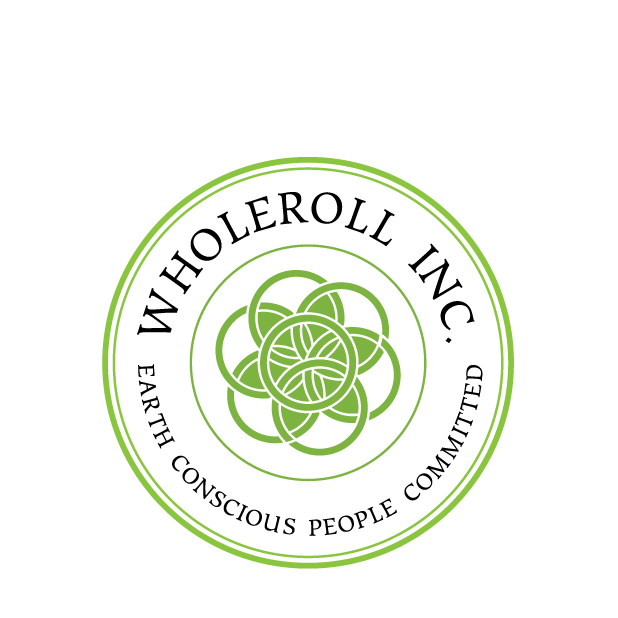People cannot move towards a sustainable life and a
sustainable future until they have the knowledge and understanding of certain
‘important’ aspects of sustainable living. The responsibility of providing people with the knowledge
and understanding of these ‘important’ values falls on each one of us. Here are principles that we can educate others about:
·
The nature and function of ecological, social,
economic, and political systems and how they are interrelated
·
The natural and cultural values intrinsic to the
environment
·
The impact of people on the environment and how
the environment shapes human activities
·
The role of cultural, socioeconomic, and
political systems in environmental decision-making
·
The principles of ecologically sustainable
development
·
The responsibilities and benefits of
environmental citizenship, including the conservation and protection of
environmental values
·
The importance of respecting and conserving
indigenous knowledge and cultural heritage
·
How knowledge is uncertain and may change over
time, and why we, therefore, need to exercise caution in all our interactions
with the environment
·
The consequences of possible courses of action
·
The individual and collective actions to support
desirable outcomes
Sustainable education is all about making people realize
that without considering and involving every person that lives on this planet, we cannot achieve a sustainable future.
We must therefore work in partnership with one another
to make sure that the systems we live by are owned by both young and old alike, and
that they are feasible not only for this generation, but for all generations
that follow. This is what sustainable living is all about.








